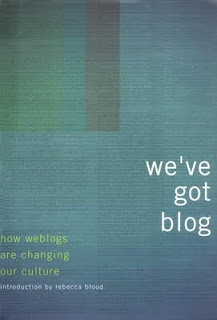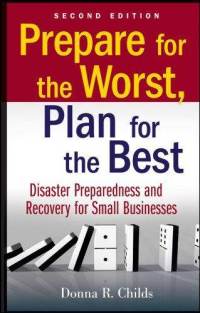Whether you're interested in gardening tips, recipes, or witty anecdotes about the lives of other people, there's likely to be at least one blog among millions to suit your interests. Do you like funny pictures of cats? Fashion? Monologues about peanuts, or pictures of home décor? Then surely, there is a blog out there for you- and if you really can't find it, why not start your own?
 |
| http://www.lolcats2.com/ |
Though the first two blogs I mentioned are what most would consider personal blogs (those that contain content simply devoted to the whim of the blogger), more and more companies and businesses are now promoting themselves with Facebook pages, Twitter accounts, and (you guessed it!) blogs. Blogs are a great way to quickly update clients- current and potential- of what’s going on, what’s changing, or what’s new. A quick Google search offers hundreds of choices for starting a free blog- and most have easy click-by-click setups, and easy ways to update. In general, blogs are fully customizable- meaning they can reflect you or your promoted business with ease, style, and flair. Of course, if you’re using these blogs for business, make sure you check out the Terms of Service first- just to make sure they don’t require you to upgrade to a paid blog.
And to make it even easier- the Stillwater Public Library offers some good reads to help get you started- and keep the ball rolling!
The Corporate Blogging Book: Absolutely Everything You Need to Know to Get it Right by Debbie Weil is a great guide to blogging about or for your business. And if that doesn’t give you what you’re looking for, you may just find it in Marketing To The Social Web: How Digital Customer Communities Build Your Business by Larry Weber.
The collaboration User-Generated Content is a helpful resource for learning the do's and don'ts of navigating the internet world- from blogging to vlogging (a term for video blogs) to podcasts (think of it as audio-only blogging). The book also shares some of the pro's and cons of each of these popular internet phenomena. User-Generated Content also features articles on the way users create their internet environment through sites such as Wikipedia (or blogs!)- and why this could be both genius and harmful to the way we store, search, and retrieve information in the digital age.
Of course, maybe you're simply interested in the details behind blogging- how it started, what it is, or why it has any impact or importance at all. We've Got Blog: How Weblogs Are Changing Our Culture is a series of articles by various authors about the way blogs shape the way we see our world, how we use it, and what it tells us about our culture. The Stillwater Public Library also offers Say Everything: How Blogging Began, What it's Becoming, and Why it Matters (edited Scott Rosenberg) for checkout. Say Everything's title is pretty self-explanatory, but much like We've Got Blog, features articles by a plethora of different authors that show their opinions about Blogging's impact, and also explains its formation and rise to popularity.
Andrew Keen's The Cult of Amateur: How Today's Internet is Killing Our Culture focuses mostly on the downfalls of the internet- and offers a disappointed view of the ease in which users (no matter how ill-informed or bad intentioned they may be) can join the information on the internet- and change, alter and offer it freely without the restraints and limitations in place prior to the Web Revolution. Though I don't agree entirely with Keen's view that the internet and blogging are bad- he does raise a few good points about being wary of what you come across on the internet. I like to think of it as a what-not-to-do guide.
So, whether you're starting a blog (for business or personal use) or simply surfing the internet or taking an interest in what all the fuss is about, the Stillwater Public Library has numerous resources for helping you start and maintain your own chronicle on the web. You can even come in and use our computers with free internet access to get it set up, kept up, or just spend some time making it all the more lovely!





















